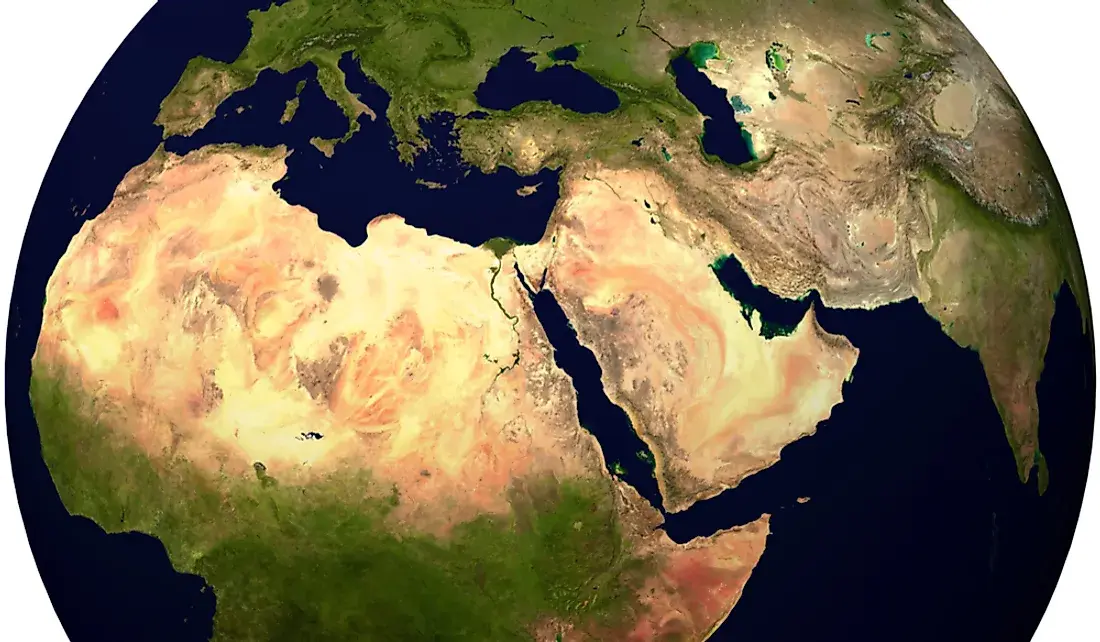Next-generation philanthropy in MENA: Shift towards individualized giving – Dailynewsegypt


A new report, “Grounded in Tradition, Looking to the Future: Understanding Next-Generation Philanthropy in the Middle East,” reveals a significant shift in how younger philanthropists in the region are approaching giving. The research, conducted by the Pearl Initiative, the Zovighian Partnership, and the Bill & Melinda Gates Foundation, sheds light on emerging trends, challenges, and opportunities shaping philanthropy in the Middle East.
The study, based on a survey of over 80 emerging and established philanthropists, highlights a move away from traditional family foundations towards a more individual-driven approach. This new generation of donors prioritizes hands-on involvement and emphasizes accountability and transparency. Interestingly, the research shows that 80% of respondents are looking beyond family foundations and businesses for their philanthropic efforts.
The report also explores giving methods. While nearly 60% of respondents believe direct funding is the most effective strategy, there’s a growing interest in innovative approaches. Over 45% are embracing non-traditional methods like impact investing, microlending, and donor-advised funds. Notably, female philanthropists are more likely to invest in initiatives supporting women and girls, potentially leading to a rise in efforts promoting female economic inclusion.
The research comes against the backdrop of an anticipated wealth transfer of $1 trillion in the region by 2030. The collaborators hope this data will empower more strategic decision-making among these new donors, who are navigating increasingly complex philanthropic landscapes.
“Data and research are crucial for enhancing philanthropic impact,” said Badr Jafar, Founder of the Pearl Initiative and CEO of Crescent Enterprises. “This is especially true as the next generation transforms the practice by demanding more hands-on involvement and prioritizing accountability.”
The report underlines the importance of good governance and self-accountability, with nearly 50% of respondents indicating a reliance on well-established frameworks for their giving. However, over 65% expressed dissatisfaction with the current support system for philanthropy in the region.
Despite this, there’s a strong sense of optimism, with over 65% of respondents believing in the positive impact of philanthropy in the Middle East over the next five years.
The survey participants were primarily from Gulf Cooperation Council (GCC) countries, the Levant, and Egypt. Over 80% held leadership positions, roughly half were aged 35-44, and 65% were women. Building on these findings, the Pearl Initiative and Zovighian Partnership plan to translate these insights into actionable strategies to drive positive change and innovation in the region.
“Delivering this first-time research was crucial for our philanthropic community,” said Lynn Zovighian, Founder of the Zovighian Partnership. “I am incredibly grateful for the collaborative spirit of our peers and fellow changemakers.”
This new wave of philanthropy in the Middle East promises a more dynamic and impactful approach to giving, with a focus on individual engagement, innovative methods, and a commitment to long-term positive change.






